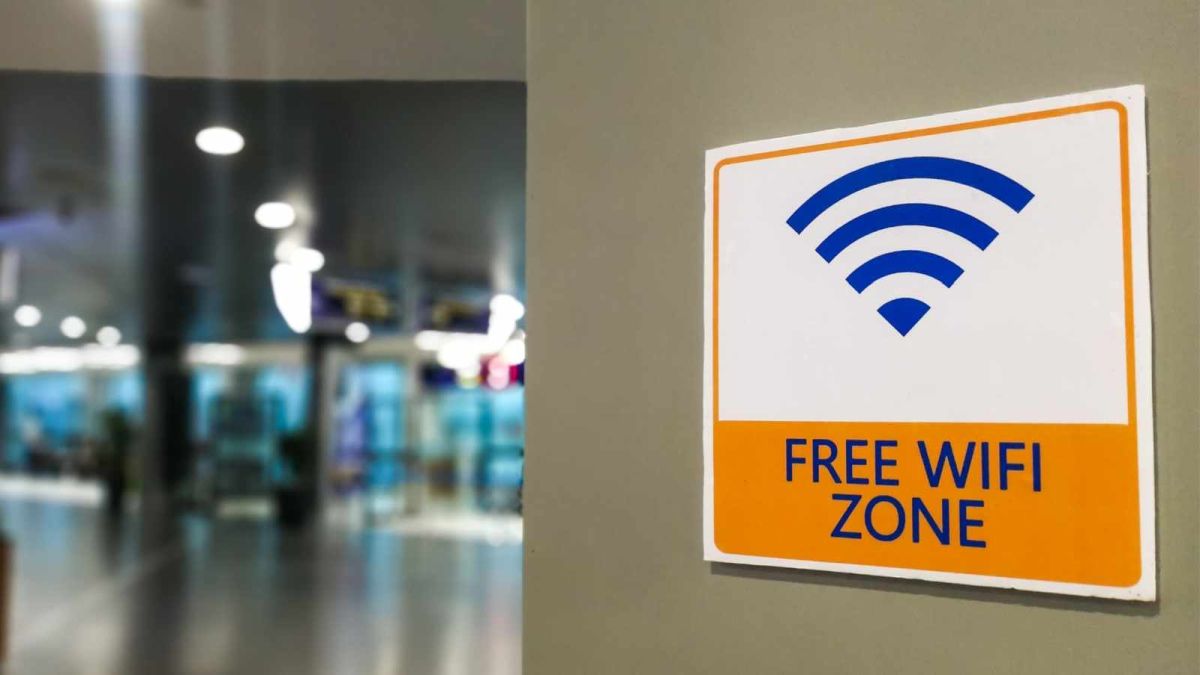How to make public Wi-Fi more secure: VPNs, more

Public Wi-Fi networks are accessible and practical, but they also put users' security at serious risk. Anyone who uses a public Wi-Fi network runs the risk of giving hackers and other cybercriminals access to their personal information, including passwords, credit card numbers, and browser history. Therefore, it's crucial to take basic safety steps when utilizing public Wi-Fi to keep both you and your devices safe. IF you want to know how to make public Wi-Fi more secure, take our recommendations into account!
How to make public Wi-Fi more secure with different methods
Many locations, including airports, libraries, hotels, cafes, and restaurants, offer free public Wi-Fi. Simply connect to the wireless network and utilize the free Internet access for business or pleasure. It may sound sweet, as most of them are free. However, there is a twist. You need to stay safe while using public Wi-Fi networks. Below you will find a couple of methods about how to make public Wi-Fi more secure. VPNs look like the best option out there but also consider the others too!
VPNs
When you use a VPN service, your internet traffic is encrypted and routed through a secure server in a different country. By doing this, you can prevent anyone on the same network from seeing your IP address or your online behavior. You may access websites and geo-restricted content with a VPN even if they are forbidden on public WiFi.
A VPN directs a device's internet connection through a private service rather than the user's normal internet service provider (ISP). The VPN acts as a middleman between the user and the internet while they are online by hiding the user's IP address.
Through a private, encrypted tunnel, a user's device can access the internet while concealing their identity, location, and other data. All network traffic is connected securely through a VPN. As a result, the VPN, rather than the user's PC, is used to transport any data transferred over the internet.
There are many VPN companies to pick from, but be sure to use one that has a good reputation and doesn't record or sell your data.
Popular VPN providers
One of the most popular services available online, NordVPN provides steady performance while prioritizing your security and privacy. With NordVPN, there are more than 5,600 lightning-quick servers spread across 60 different countries. Furthermore, the company has a no-logs policy, so your data won't be stored on file. Numerous services are available at different subscription tiers.
By taking advantage of their alluring 59% discount, which includes an additional three months of service, you may benefit from NordVPN's superior security features.
SurfsharkVPN offers a dependable connection and has more than 3,000 servers spread over more than 100 countries. The extension does not record any of your personal information, which is typical and quite important. It also provides a range of security features, including 256-bit encryption and protection from IPv6, DNS, and WebRTC security flaws. On PCs running Windows, macOS, Android, iOS, and Linux, it can be used as an application.
With a remarkable 82% discount and an extra two months of service, SurfsharkVPN is offering an alluring price for its well-known VPN service.
ExpressVPN is also an alternative. Its services let you hide your online location. Without a doubt, Express is a well-known brand with very little downtime. It boasts a no-logs policy to protect your privacy and, like Nord, operates in 94 different countries with more than 3,000 servers. To protect your IP and stop websites from discovering your true location, it integrates with WebRTC blocking. It works with a variety of devices, including consoles, routers, Android, iOS, Chrome OS, Windows, and Mac OS.
The 12-month plan offered by ExpressVPN is also pretty attractive and guarantees uninterrupted VPN access for an additional three months at no additional cost.
Software updates
Maintaining the security of your device and avoiding malware attacks depend on keeping your software updated. Patches for security flaws are frequently included in software updates, which hackers might use to access your device or data. Make sure you update your software regularly, especially before connecting to public Wi-Fi.
Because they address bugs, patch vulnerabilities, and enhance performance, software updates are crucial. They also improve compatibility with other systems and programs and introduce new functionality. By updating your software, you can stop criminals from using known security holes to access your personal data.
Avoid sensitive transactions
Avoiding sensitive online activities like online banking, shopping, or logging into accounts that include personal information is still advised, even when using a VPN. In order to complete these transactions, you must submit your login information or payment information, which could be intercepted by hackers if the network is infected. If these transactions are necessary, wait until you are connected to a private, secure network, like your home or workplace Wi-Fi.
Disclaimer: Some of the links added in the article are part of affiliate campaigns and may represent benefits for gHacks.